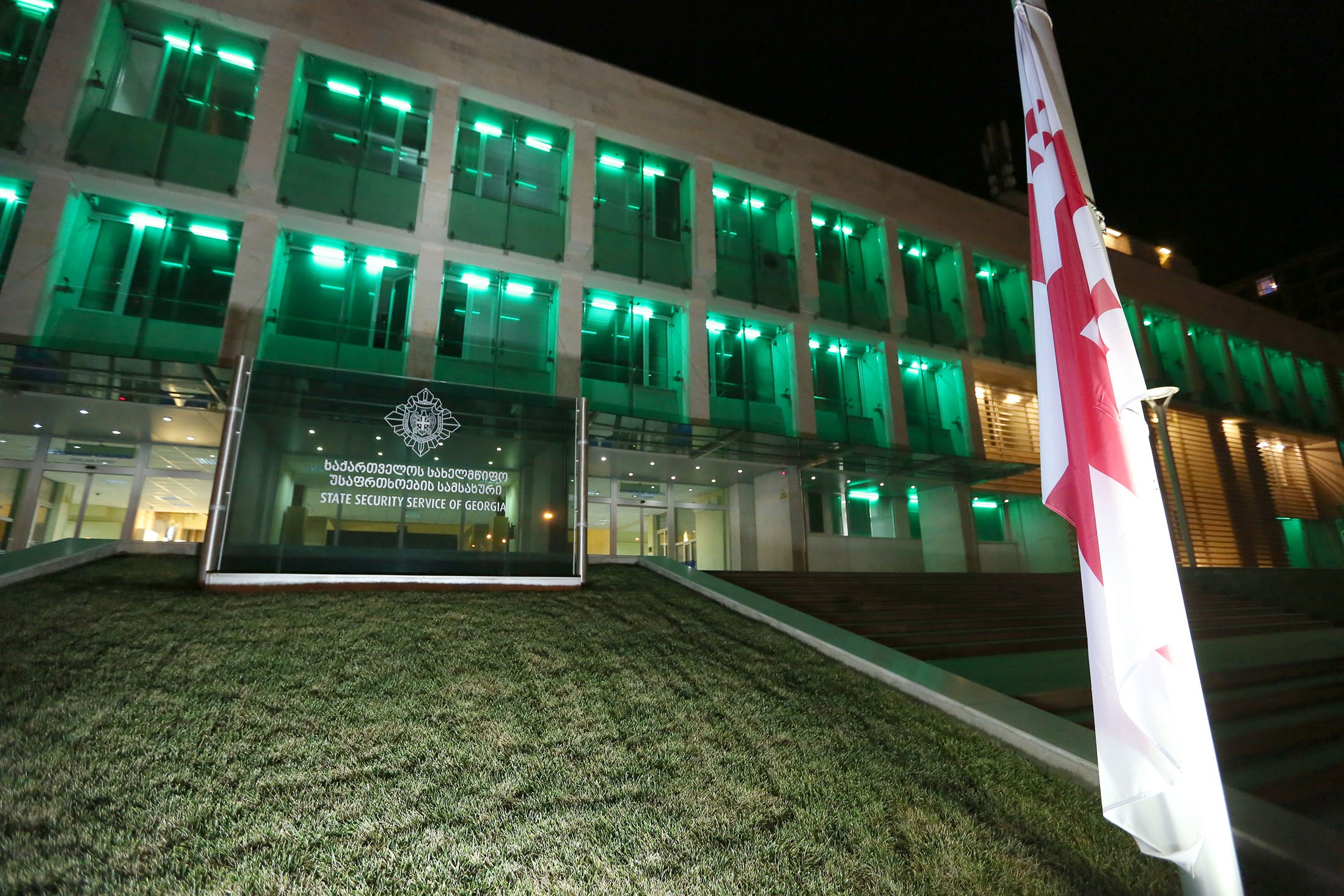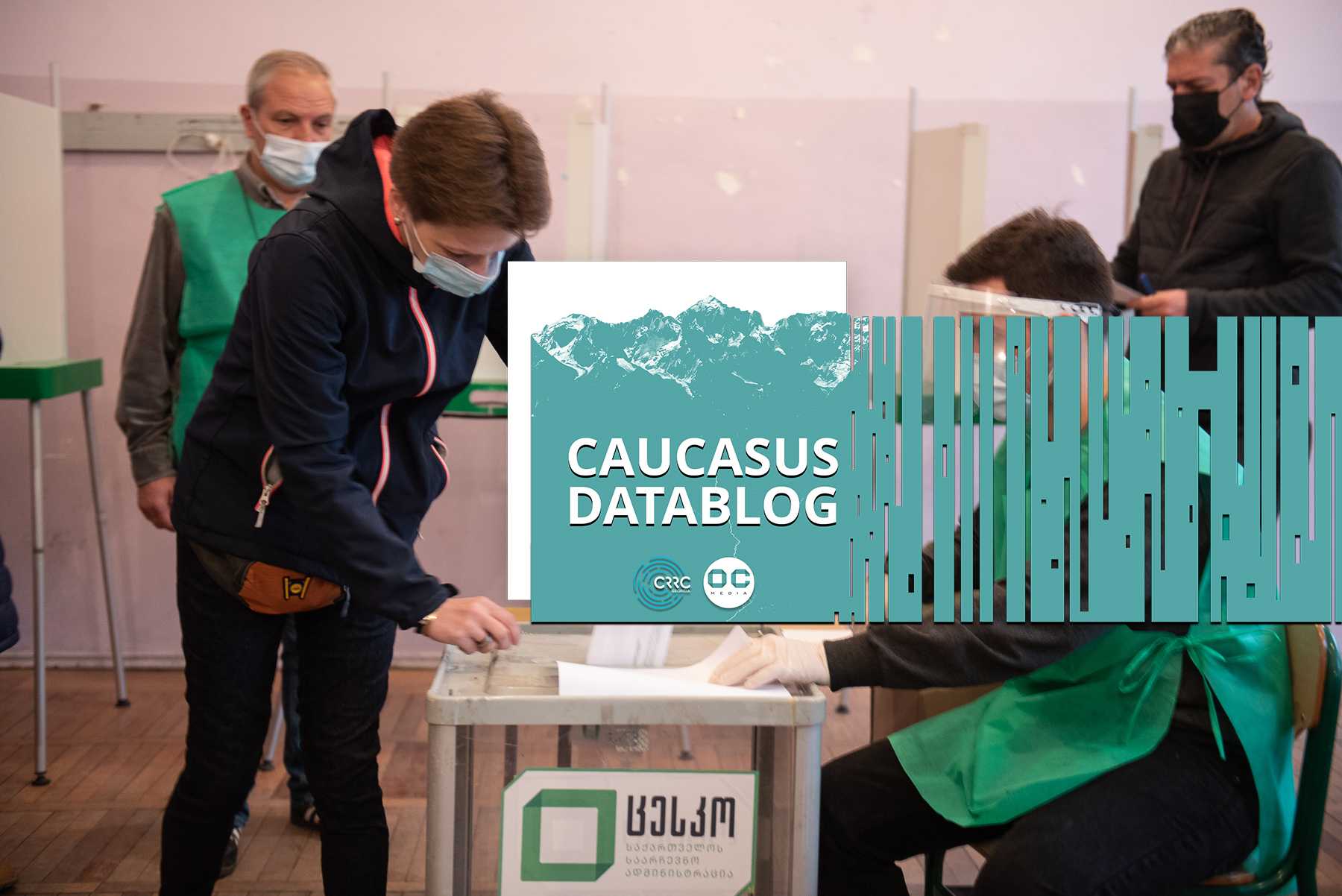
A former security officer in Georgia has allegedly leaked a massive cache of surveillance files, including details on clergy from the Georgian Orthodox Church.
On 14 September, several major Georgian media outlets reported having received a link to a website a day earlier containing thousands of files of secret surveillance records.
According to reports by TV channels Mtavari and Formula, RFE/RL‘s Georgian service Radio Tavisupleba, On.ge, Tabula and others, the dossiers produced since 2014 mostly pertain to ‘hundreds’ of religious figures, including top-tier representatives of Georgian Orthodox Church, as well as the staff of Patriarchate, indicating they were monitored closely by the authorities.
The files allegedly include their phone communications containing information on their political opinions and their activities, including their private lives.
According to Tabula, the files were organised in categories entitled ‘adulterers’, ‘ties with natsebi’, a pejorative term for members of the formerly ruling United National Movement Party, ‘LGBT organisations’, ‘crime and drug abuse’, ‘Russian influences’, and more.
As local media groups reported, the files included a list of priests implicated in sexual contact with nuns, and those that could be compromised by luring them into having sex with women they would send to them.
Some of the files reportedly point at possible felonies by religious figures, including sexual contact with minors and giving bribes.
The reported secret files also include, according to Tabula, information on the private lives of a number of Georgian Orthodox religious figures, including 36 with a ‘nontraditional sexual orientation’.
Initial reactions as journalists sift through the pile
Andria Jaghmaidze, Spokesperson for the Patriarchate of the Georgian Orthodox Church, told the media on 13 September that they would not rush to comment on the story.
According to Netgazeti, Jaghmaidze was himself implicated in the files, allegedly asking Zurab Abashidze, the Special Representative of the Prime Minister of Georgia for relations with Russia, to help members of his family obtain Russian citizenship.
Within a day of the alleged dump of secret files, several media workers, including the director and anchor of TV channel Mtavari, Nika Gvaramia, and another anchor, Eka Kvesitadze, the head of TV channel Pirveli’s news service Nodar Meladze, TV Formula journalist Nino Vardzelashvili, and Tabula editor Levan Sutidze corroborated the reports that concerned their own activities.
Sutidze, however, underlined that some of the secret reports included assumptions and inaccuracies instead of facts by those surveilling his communications with clergy.
Mtavari’s Gvaramia alleged on 13 September that the leaked recordings included his privileged communication with a client, archpriest Giorgi Mamaladze, when he represented him as a lawyer.
The leader of the opposition Lelo party, Mamuka Khazaradze has also confirmed that his communications with religious leaders were authentic in the leaked files.
In a joint appeal on 14 September, Tbilisi-based watchdog groups the Democracy Research Institute and Social Justice Centre called on Parliament to establish a fact-finding commission to look into the reported illegal covert surveillance by Georgia’s State Security Service (SSG).
They also urged MPs to address the legal gaps ‘to ensure effective civilian monitoring and high-quality accountability of the State Security Service’.
The Social Justice Center were among the civil society groups that confirmed the veracity of information in the alleged leaks, which they said indicated that their lawyers were also under surveillance, including during privileged communication with clients.
The Prosecutor’s Office announced on 14 September that they had launched an investigation under Article 158 of the Georgian Criminal Code, for a violation of the secrecy of private communication.
This was quickly followed up by the SSG stating that they were ready to cooperate with the investigation, and calling on the media and ‘politically interested individuals’ not to spread unconfirmed information.
While presenting a local mayoral candidate in the central Georgian town of Kaspi on 14 September, Prime Minister Irakli Gharibashvili called the latest scandals, including reports on Georgian Dream’s candidates secretly working for the security services, a ‘conspiracy against the state’. He identified the UNM as being behind the scandals in an attempt to ‘discredit’ Georgia’s state security services as well as the Church.
[Read more on OC Media: Cherokee, Gorky, and Mamluk — Georgian Dream candidates accused of being security services assets]
‘The election will be over and everyone will be held accountable. Everyone participating in the conspiracy, every traitor and every enemy of our country’, Gharibashvili vowed.
The alleged leaker
On 13 September, hours after the leaks became available to major local media groups, TV channel Mtavari identified Akaki Nemsadze, who they said was a former SSG employee, as the possible leaker.
Mtavari reported that Nemsadze took his own life on 8 July and speculated that he could have arranged for the leak to take place after his death.
On the website where the files were hosted, the sender identified themselves as Hakim Pasha, the name behind anonymous videos released in 2014 accusing former Georgian President Mikheil Saakashvili of murder.
In the reported message accompanying the files, the author allegedly scorned the State Security Service as their former employer and the ‘years’ the author alleged to have spent in the ‘system’.
‘We are listening to all of you, collecting reports on you, collecting kompromat, using your weaknesses, coming up with rumours against you, damaging your reputation’, an introductory message accompanying the leaked files reportedly read.
The alleged report contains an author seemingly repenting his past activities as a security officer while hoping that the leak leads to Georgians ‘crushing the system’.
‘Don’t look for me; you won’t be able to find me!’, the author reportedly wrote.







